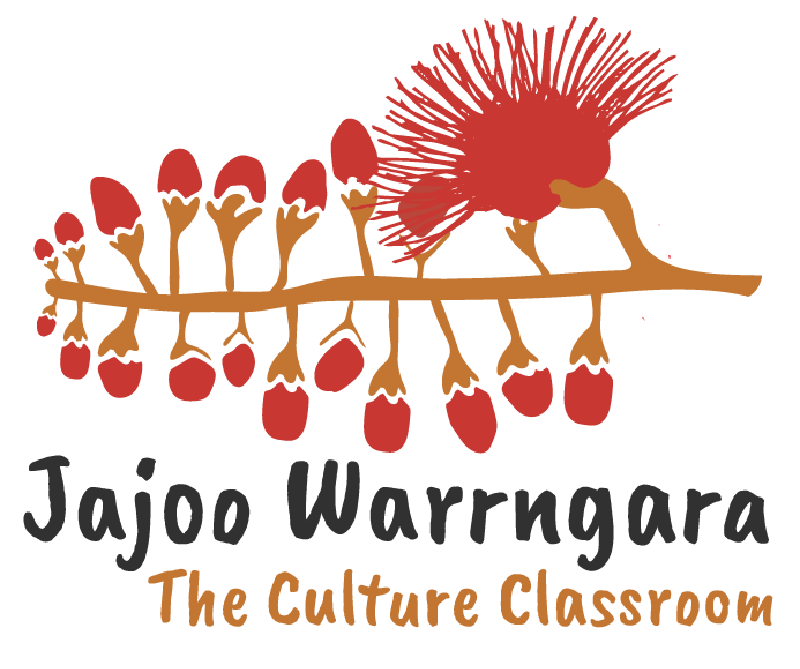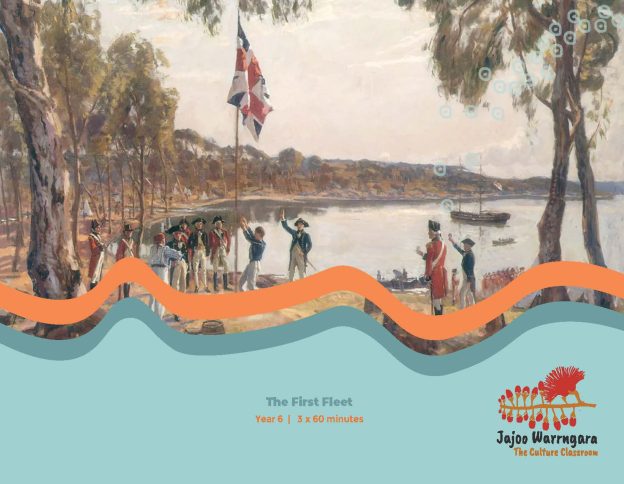Cross Curriculum Priorities
Aboriginal and Torres Strait Islander Histories and Cultures
A_TSICP2 The occupation and colonisation of Australia by the British, under the now overturned doctrine of terra nullius, were experienced by First Nations Australians as an invasion that denied their occupation of, and connection to, Country/Place.
A_TSICP1 First Nations communities of Australia maintain a deep connection to, and responsibility for, Country/Place and have holistic values and belief systems that are connected to the land, sea, sky and waterways.
A_TSICP3 The First Peoples of Australia are the Traditional Owners of Country/Place, protected in Australian Law by the Native Title Act 1993 which recognises pre-existing sovereignty, continuing systems of law and customs, and connection to Country/Place. This recognised legal right provides for economic sustainability and a voice into the development and management of Country/Place.
A_TSIP3 The significant and ongoing contributions of First Nations Australians and their histories and cultures are acknowledged locally, nationally and globally.
Curriculum Links
AC9HS6S01 Develop questions to investigate people, events, developments, places and systems
AC9HS6S02 Locate, collect and organise information and data from primary and secondary sources in a range of formats
AC9HS6S05 Develop evidence-based conclusions
AC9HS6K02 Changes in Australia's political system and to Australian citizenship after Federation and throughout the 20th century that impacted First Nations Australians, migrants, women and children
AC9E6LE01 Identify responses to characters and events in literary texts, drawn from historical, social or cultural contexts, by First Nations Australian, and wide-ranging Australian and world authors
AC9E6LE05 Create and edit literary texts that adapt plot structure, characters, settings and/or ideas from texts students have experienced, and experiment with literary devices
AC9E6LY01 Examine texts including media texts that represent ideas and events, and identify how they reflect the context in which they were created
AC9E6LY05 Use comprehension strategies such as visualising, predicting, connecting, summarising, monitoring and questioning to build literal and inferred meaning, and to connect and compare content from a variety of sources
AC9E6LY06 Plan, create, edit and publish written and multimodal texts whose purposes may be imaginative, informative and persuasive, using paragraphs, a variety of complex sentences, expanded verb groups, tense, topic-specific and vivid vocabulary, punctuation, spelling and visual features
AC9E6LY07 Plan, create, rehearse and deliver spoken and multimodal presentations that include information, arguments and details that develop a theme or idea, organising ideas using precise topic-specific and technical vocabulary, pitch, tone, pace, volume, and visual and digital features
Unit Content



